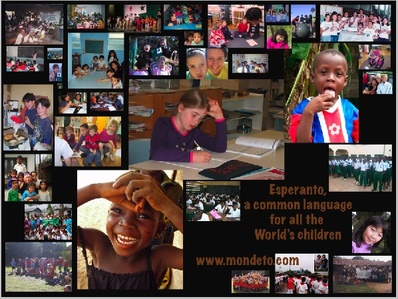
This constitutes fuzzy thinking because it confuses an effect at National level with an effect at the level of each individual child for whom we are responsible.
How are our students realistically going to learn “their languages”? We almost never succeed in teaching students even one foreign language well enough to exchange genuine cultural insights.
Although it is traditional to act as if 100 students having insight into 1 foreign culture each, is the same thing as 100 students knowing something about 100 (or even 10) foreign cultures, it isn’t: Understanding Japan is not understanding Asia. Asian cultures have a vast diversity of languages, religions, economic and political systems, artforms and other priorities. Even if our current system worked perfectly, which of course it doesn’t, we would still be educating bicultural graduates, not multicultural ones and that is a bar too low for the education of global citizens.
Indigenous and Asian cultures are diverse and important, and the plurals are important. Putting plurals on the goals and then delivering singles at implementation does nothing to increase the trust with which Australians view academic advice.
To achieve the cross-curiculum priorities for individual Australians we need pathways such as ALL to keep our delivery general at the F-6 stage, so that children really do get to combine consistent cumulative language learning with a broad and shifting intercultural perspective, responsive to student interests.
This slideshow introduces some of the classes of primary children who are currently learning Esperanto and are available to bring some personal significance to parts of the globe that would otherwise be beyond reach.
 RSS Feed
RSS Feed